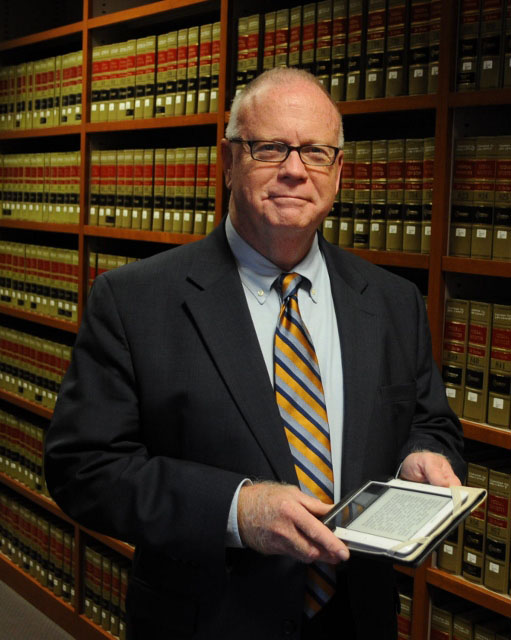Bishop Rob Wright has assigned five new deacons ordained on October 8th to parishes within the Diocese of Atlanta.
Deacon Florence Mitchell, sponsored by the Church of the Incarnation in Atlanta, is assigned to St. Michael and All Angels in Stone Mountain.
Deacon Julie O’Neill, sponsored by St. Joseph’s in McDonough, is assigned to St. George’s in Griffin.
Deacon Jess W. Speaker, III, who transferred from the Diocese of Virginia, is assigned to St. Catherine’s in Marietta.
Deacon Devon Smyth, sponsored by St. Peter’s in Rome, is assigned to St. Margaret’s in Carrollton.
Deacon Faustina Ward-Osborne, sponsored by St. Michael and All Angels in Stone Mountain, is assigned to St. Paul’s in Atlanta.
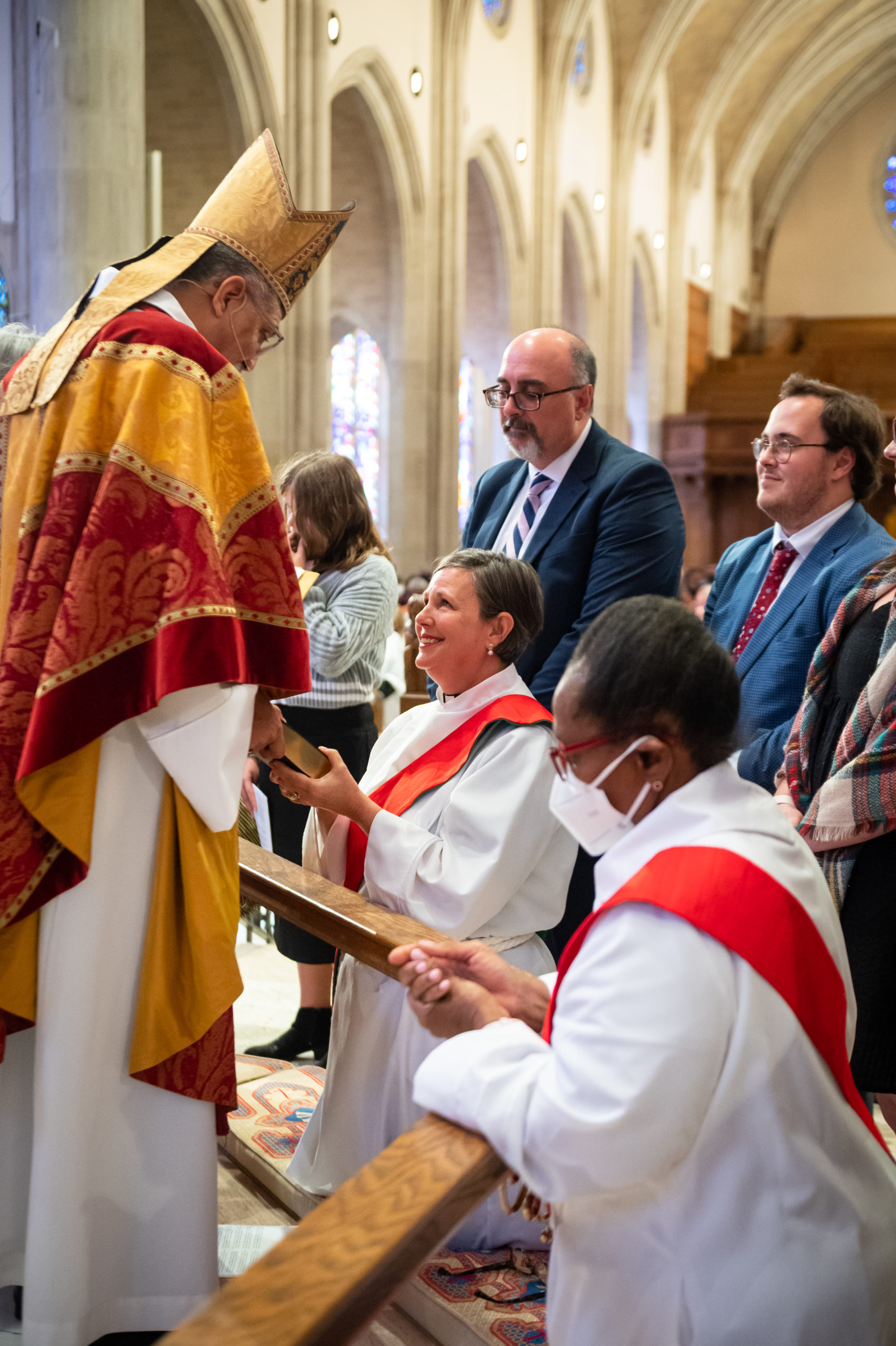
Archdeacon Carole Maddux said the five intend to remain deacons, unlike candidates for the priesthood who must serve as transitional deacons as a preliminary step toward ordination as priests.
“All of them have just great, great history and experience and knowledge of working with the marginalized and working to bring the good news of Jesus,” Archdeacon Maddux said. “I’m looking forward to them becoming a part of our clergy and helping to lead The Diocese of Atlanta into greater diaconal service.”
Deacon Julie O’Neill said after 27 years of serving at St. Joseph’s in every capacity she wanted to do more. Still, training to be a deacon was a true leap of faith.
“You don’t really know what to expect. A lot of it is observation, truthfully. A lot of it is observation. Going to different churches, seeing how they do things and how the deacon is a part of the community. I think it’s just a matter of watching and learning, Deacon O’Neal said. While her assignment at St. George’s in Griffin starts Oct. 30, she went early to observe.
“My timing was excellent was because they had an Annual Low Country Boil event, which was just a social event, and I really got a chance to see where their heart is, where their passion is. And so, it was perfectly timed.”
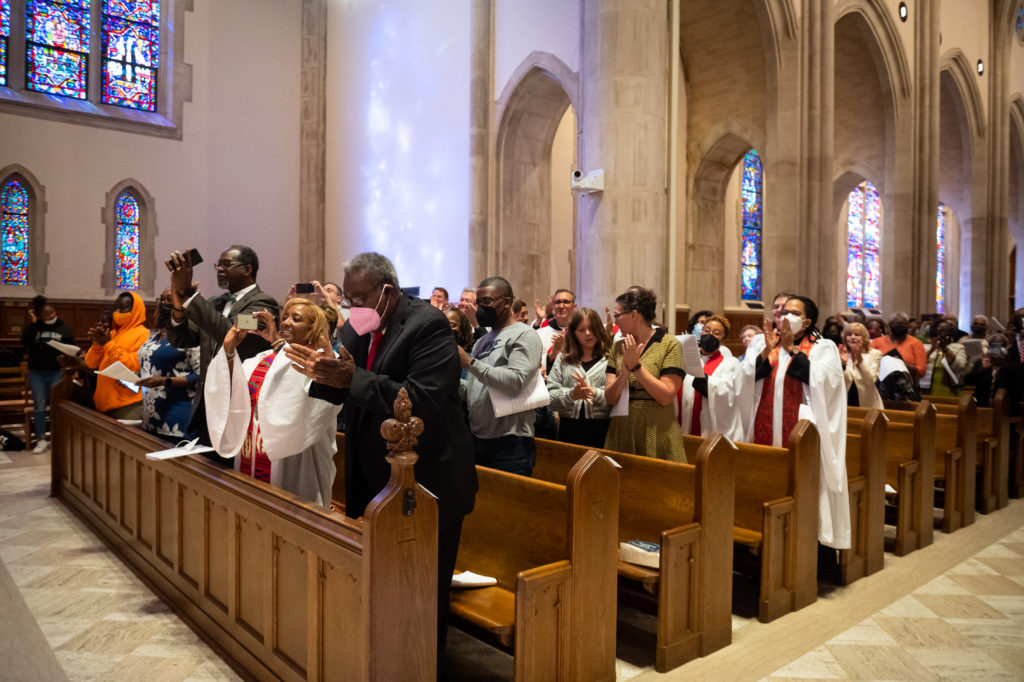
Deacon Florence Mitchell said she has always sought out needs in the world.
“When I was a teacher, I did a lot of reaching out beyond the classroom, meeting the whole needs of the children. And when I retired, my clients were no longer there. But I still needed to do the outreach piece.
She was led to becoming ordained by a woman she met while volunteering at an assisted living facility.
“One of the ladies asked if I was a minister. I told her, no, I was a layperson. And she said, ‘To work with us old people you need to be ordained because we have a lot going on.’ In other words, she was more concerned about my loyalty to confidentiality. They needed that sense of security that the person is going to keep their confidentiality,” Deacon Mitchell said.
Deacon Jess Speaker said the Holy Spirit directed him to become a deacon.
“It really started when I found the Episcopal Church and started feeling, you know, the nudges of the Holy Spirit. A friend encouraged me to start by finding out what it was that I was passionate about. You know, not necessarily what I was good at, what I liked doing, but really what I was passionate about,” Deacon Speaker said.
“I do a lot of scouting in my spare time and my work is in the labor movement. So, I serve the working class. And the first thing at my parish that really made me volunteer was Hypothermia Prevention Week, where we host the unhoused for a week during the winter. And it really came down to the fact that really what I’m passionate about is service.
“And after serving an observership at the Cathedral and my internship at Church at the Common Ground, I was assigned to St. Catharine’s,” another work of the Holy Spirit, Speaker said.
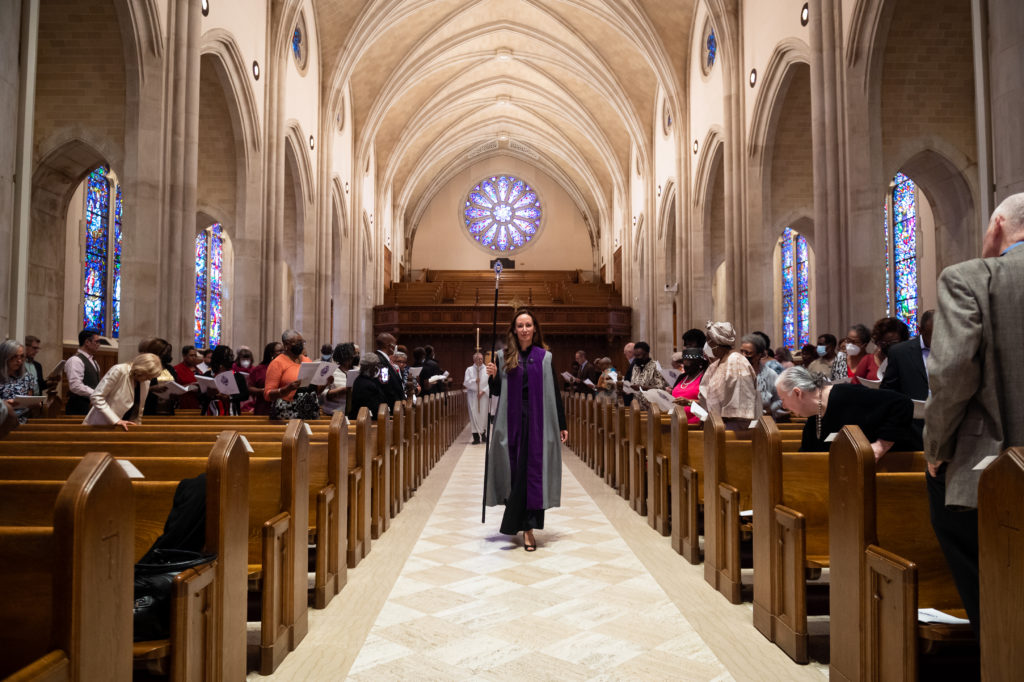
Deacon Devon Smyth said resigning from her ministry in the United Methodist Church in 2017 led her to The Episcopal Church and becoming a deacon.
“I’ve worked in social work and church ministry most of my adult life. And I’ve had a call the Ministry for most of my adult life as well.
“I think being ordained and finally having that blessing of the church in the work that I’ve been doing the last 25-years really feels like the beginning of a new chapter in my life. But also, it feels like it tied it neatly, the work that I have been doing and the ways that I have been serving in the church now have a very integrated feel to them. I’m excited about it. Very excited!” Smyth said.
Deacons and bishops were the initial leaders of Christian churches, but the creation of priests diminished the role of deacons until the last half of the twentieth century when both Catholic and Episcopal traditions reasserted the historical importance of the deaconate.
In the Diocese of Atlanta, Bishop Frank Allen (1989–2000) began increasing the role of deacons, work that Bishop Neil Alexander (2001-2012) took to its current form.
The diocese’s current Guidelines for Deacons stipulate the deacon’s primary responsibilities and relationship with the bishop.
“The first work of the deaconate is to help the church know the state and condition of our most vulnerable neighbors. In this role, deacons become living icons of Christ, the servant, within the church.
“The deacon is directly accountable to the bishop and is at all times subject to the pastoral direction and supervision of the bishop.
“A deacon’s principal ministry is in the world and deacons are expected to have a significant ministry to the poor and marginalized outside of the parish.”
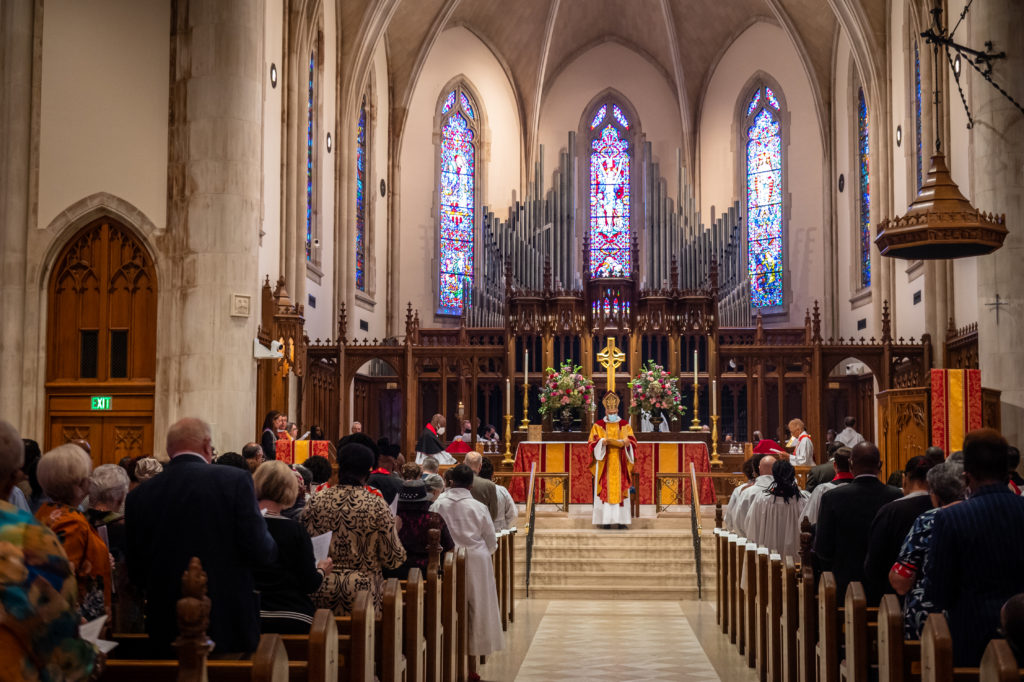
The five new deacons will join 16 other permanent deacons in the Diocese of Atlanta. Maddux said she and Archdeacons Juan Sandoval and Janet Tidwell want to add more.
“We’re going to be actively working to help define those people who are called to the deaconate and help to support them, to grow our numbers,” she said. And with 117 worshiping communities in the diocese there is plenty of room for new deacons.
To learn about what it takes to be a deacon, go to the Association for Episcopal Deacons, or contact Archdeacon Maddux at dcmaddux@bellsouth.net.

